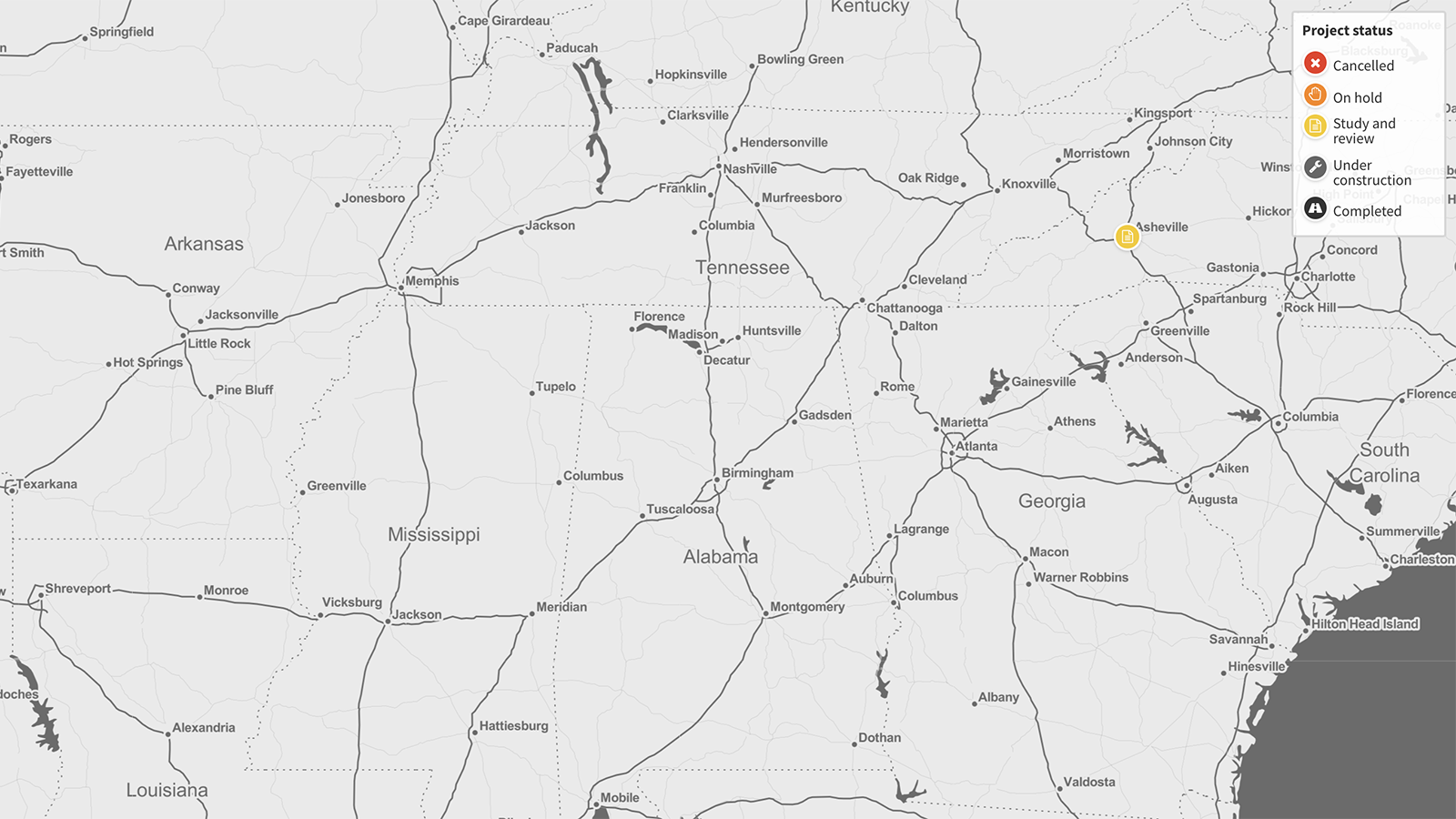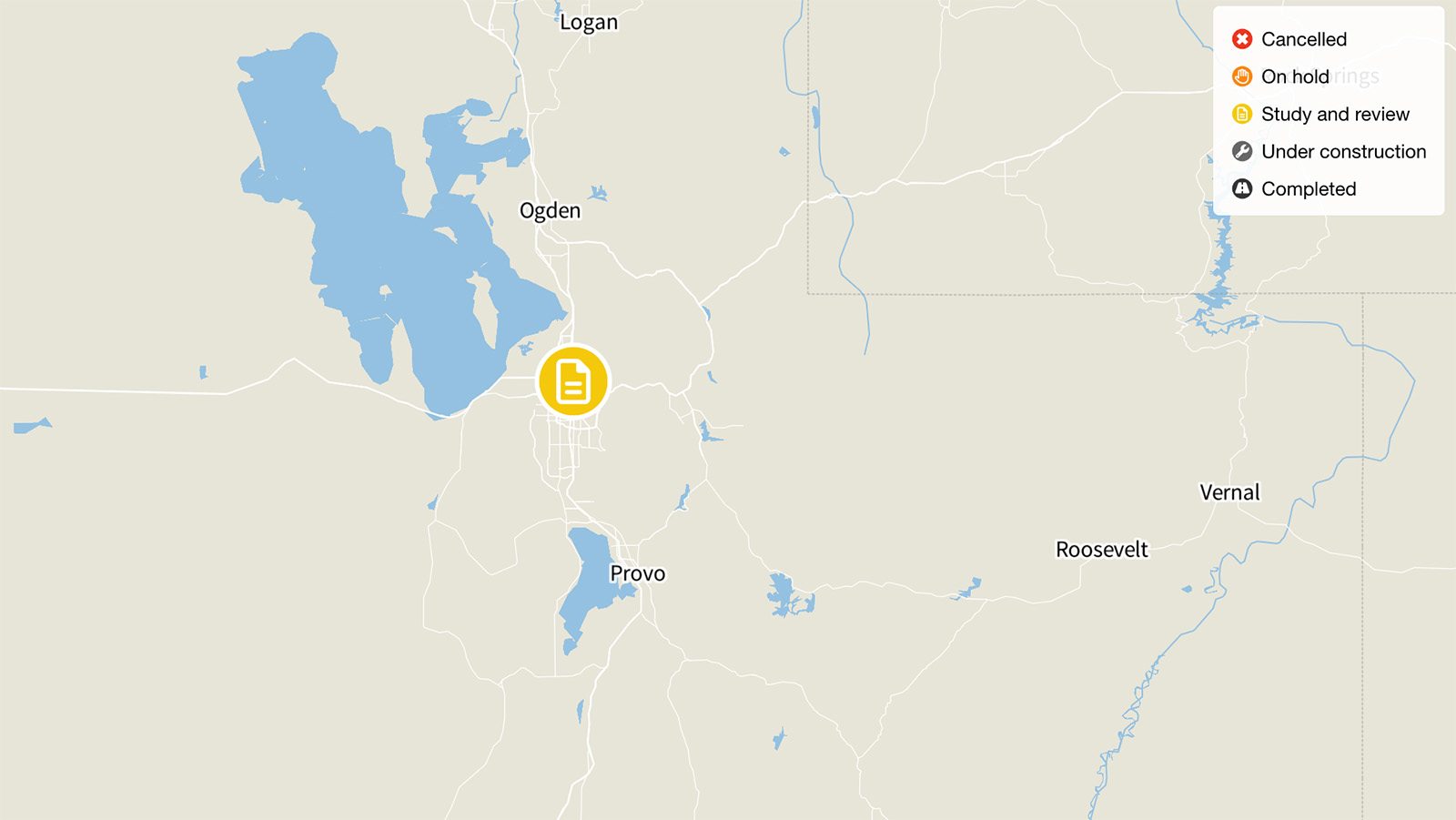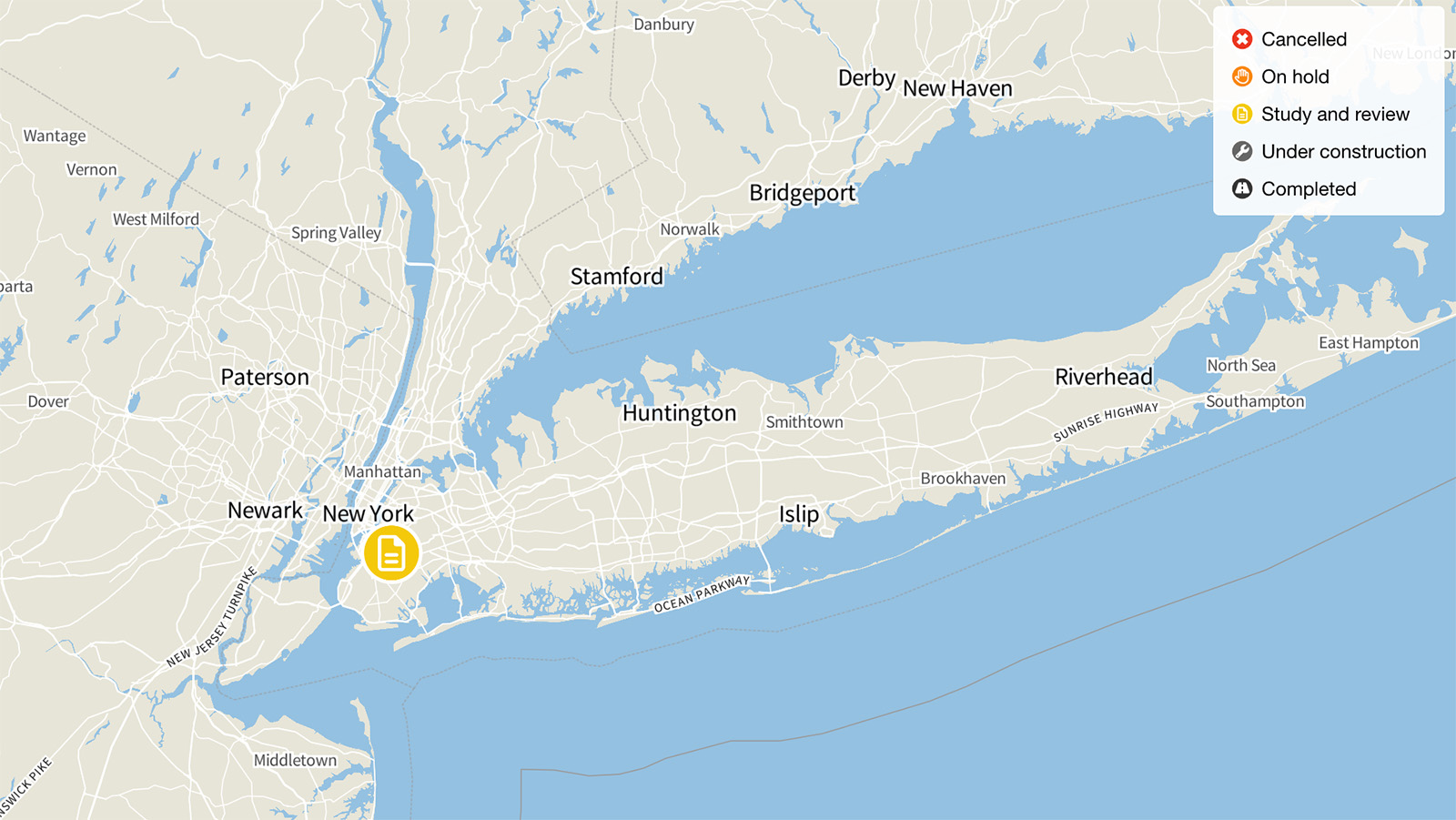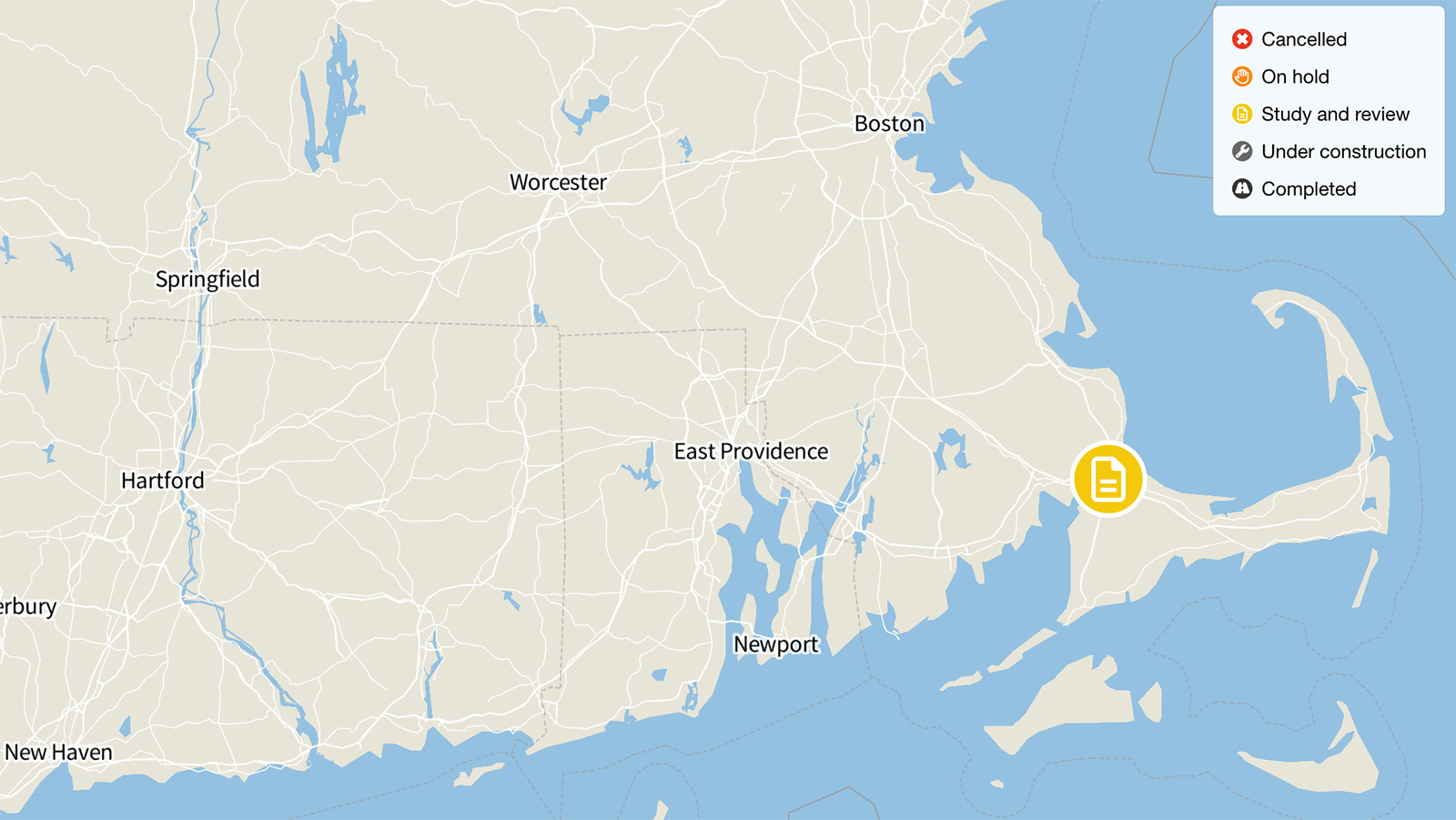
I-26 Connector, North Carolina
North Carolina officials have proposed expanding I-240, which runs through downtown Asheville and connects I-26 southwest of Asheville to other highway routes northwest of the city. Local residents, however, have questioned whether the project as currently designed would damage a mature, livable neighborhood to build road space that is not actually needed.

Status: Study and review
Originally reported cost: $400 million to $600 million
Update for current status:
As of September 2023, the I-26 Connector project was in study and review.
Update from Highway Boondoggles 4, 2018:
The I-26 Connector project is a 7-mile, $750 million proposed freeway that would connect I-26 in southwest Asheville to U.S. 19/23/70 in northwest Asheville. In January 2017, the North Carolina Department of Transportation (NCDOT) proposed changes that would accelerate the project completion date to 2024. The state now plans to use bonds to finance the connector, with anticipated federal highway fund receipts expected to repay the bonds. NCDOT is also changing the project to a “design-build” project, meaning that the construction company that wins the contract will draw up final project designs as well as build the connector. Previous plans to widen I-240 as part of the I-26 Connector project were dropped after better congestion measures and data were used to rank proposed projects, though the potential for widening remains on the table for the future.
North Carolina DOT began final revisions to the project plan in early 2017, and the final environmental impact statement is set to be submitted in 2018. Construction and right of way acquisitions are scheduled to begin in 2020.
Original story from Highway Boondoggles, 2014:
North Carolina officials have proposed expanding I-240, which runs through downtown Asheville and connects I-26 southwest of Asheville to other highway routes northwest of the city. Local residents, however, have questioned whether the project as currently designed would damage a mature, livable neighborhood to build road space that is not actually needed.
The I-26 project is a complex mix of reconstruction, rerouting and expansion of Asheville’s highway network. The $400 million to $600 million project is divided into three major subsections, each of which has been the subject of intense debate, including the proposed widening of 4.3 miles of four-lane highway through West Asheville to eight lanes.
State officials cite federal requirements to justify doubling the width of that 4.3 mile stretch to eight lanes plus an additional auxiliary lane on each side, and wider shoulders than the existing highway. Yet traffic data as old as 2004 suggest that six lanes could be more than enough to address the perceived need. And since that study, traffic has not increased significantly along that stretch of road. In fact, from 2005 to 2012, traffic has dropped on three of the four segments—and stayed flat on the fourth.
The cost of going to eight, rather than six, lanes appears to be unjustified by the reduction in congestion that would result. The time saved by adding the two extra lanes would be just 9.6 seconds per driver (out of a 6.5-minute travel time) during the morning rush hour and 17.4 seconds during the evening.
The cost of going to eight, rather than six, lanes appears to be unjustified by the reduction in congestion that would result. The time saved by adding the two extra lanes would be just 9.6 seconds per driver (out of a 6.5-minute travel time) during the morning rush hour and 17.4 seconds during the evening.

Topics
Find Out More


I-15 Expansion, Salt Lake City

The Brooklyn-Queens Expressway, New York


